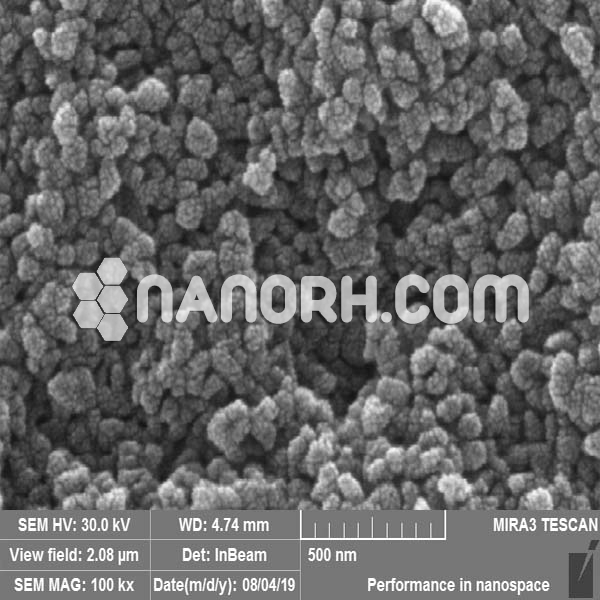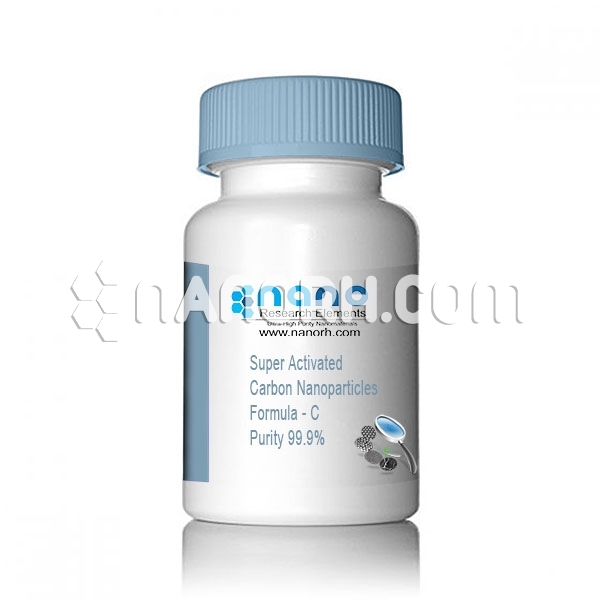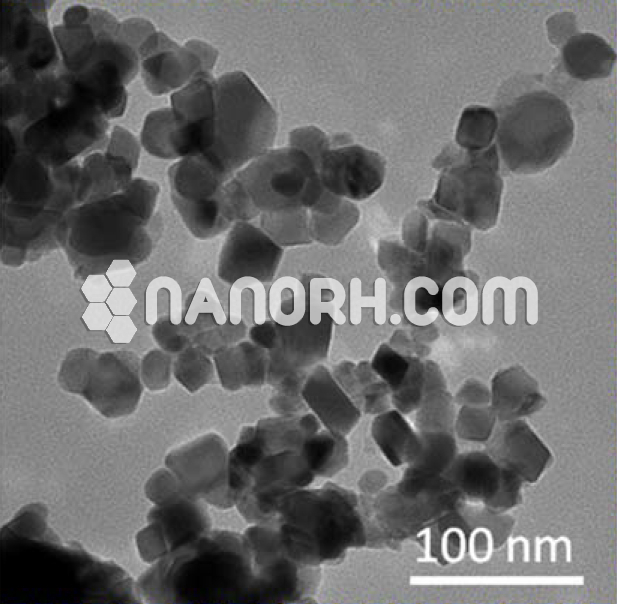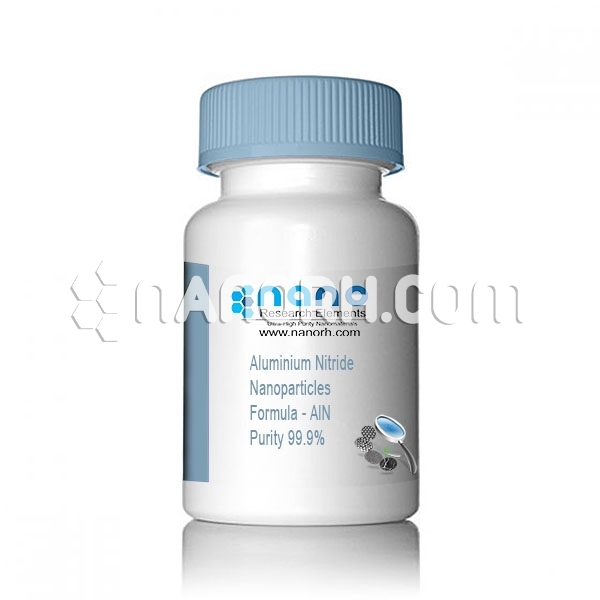| Zirconium Nanopowder / Nanoparticles | |
| Product No | NRE-1052 |
| CAS No. | 7440-67-7 |
| Formula | Zr |
| APS | <100nm (Can be Customized) |
| Purity | 99% |
| Color | Silvery -White |
| Molecular Weight | 91.22 g/mol |
| Density | 6.52 g/cm³ |
| Melting Point | 1852 °C |
| Boiling Point | 4377°C |
Zirconium Nanopowder / Nanoparticles Applications
Zirconium nanoparticles have a wide range of applications across various industries due to their unique properties and characteristics. Some of the key applications of zirconium nanoparticles include:
Catalysis: Zirconium nanoparticles are used as catalysts in various chemical reactions. Their high surface area and reactivity make them effective catalysts for processes such as hydrogenation, dehydrogenation, and oxidation reactions.
Biomedical: Zirconium nanoparticles are being explored for various biomedical applications, including drug delivery and imaging. Their biocompatibility and ability to carry drugs to specific targets make them promising for targeted cancer therapy and other medical treatments.
Fuel Cells: Zirconium nanoparticles are used in fuel cells as a component of solid oxide fuel cell (SOFC) electrodes. They can improve the efficiency and performance of these energy conversion devices.
Refractory Materials: Zirconium nanoparticles are used in refractory materials, which are resistant to high temperatures and corrosion. They are used in the production of crucibles, furnace linings, and other high-temperature applications.
Coatings: Zirconium nanoparticles can be incorporated into coatings to provide corrosion resistance and improved wear resistance for various materials, including metals and ceramics.
Electronics: Zirconium nanoparticles find applications in the electronics industry, particularly in the production of capacitors, sensors, and electronic ceramics. They can enhance the performance and reliability of electronic components.
Additive Manufacturing: Zirconium nanoparticles can be used as additives in 3D printing and additive manufacturing processes. They can improve the mechanical properties and thermal stability of printed materials.
Ceramics and Composites: Zirconium nanoparticles are used as reinforcement materials in the production of advanced ceramics and composites. They can enhance the strength and toughness of these materials.
Nuclear Industry: Zirconium is known for its excellent neutron absorption properties. Zirconium nanoparticles are used in the nuclear industry in applications such as nuclear fuel cladding and control rods.
Aerospace: Zirconium nanoparticles can be used in aerospace applications due to their high-temperature resistance and lightweight properties. They can be used in the production of heat-resistant components for aircraft and spacecraft.
Photocatalysis: Zirconium nanoparticles are explored for photocatalytic applications, such as water purification and air pollution control. They can be used to degrade organic pollutants under the influence of light.
Battery Technology: Zirconium nanoparticles have been researched for use in advanced battery technologies, including lithium-ion batteries. They have the potential to improve battery performance and stability.
Chemical Sensors: Zirconium nanoparticles can be incorporated into chemical sensors for detecting gases and chemicals. They can improve the sensitivity and selectivity of sensor devices.
Textiles: Zirconium nanoparticles can be used to create textiles with enhanced properties, such as improved strength, flame resistance, and antibacterial properties.




